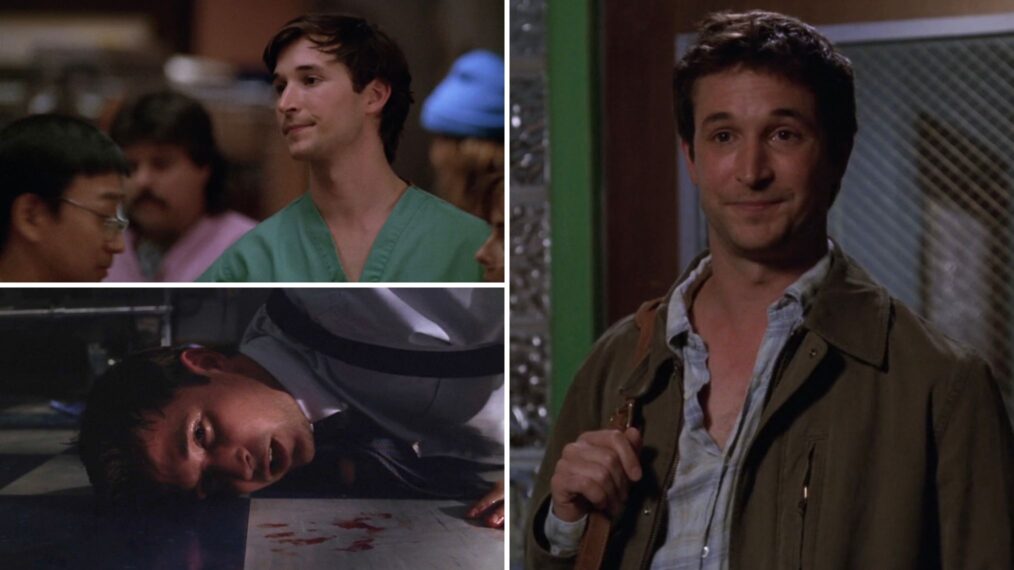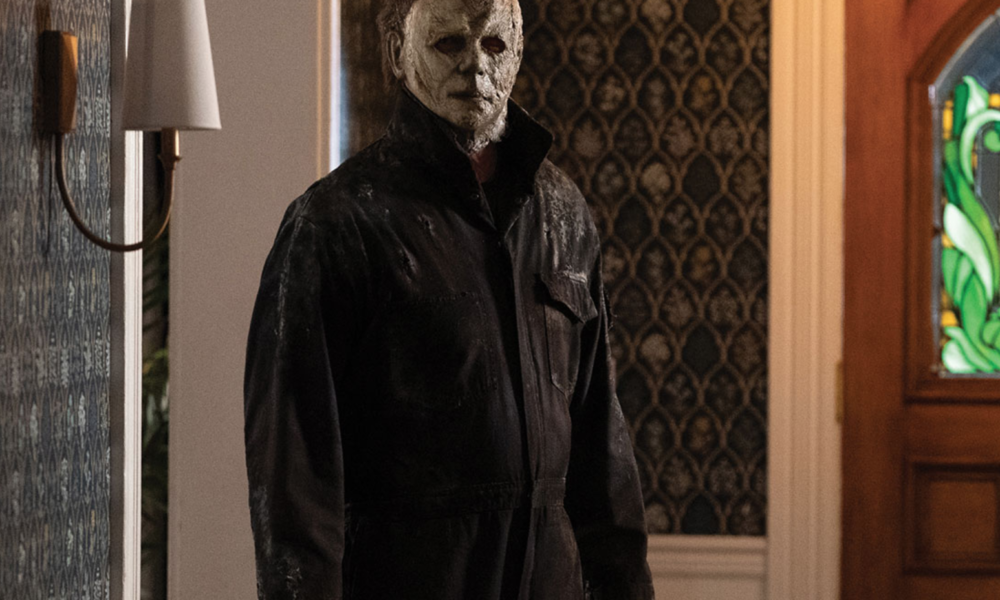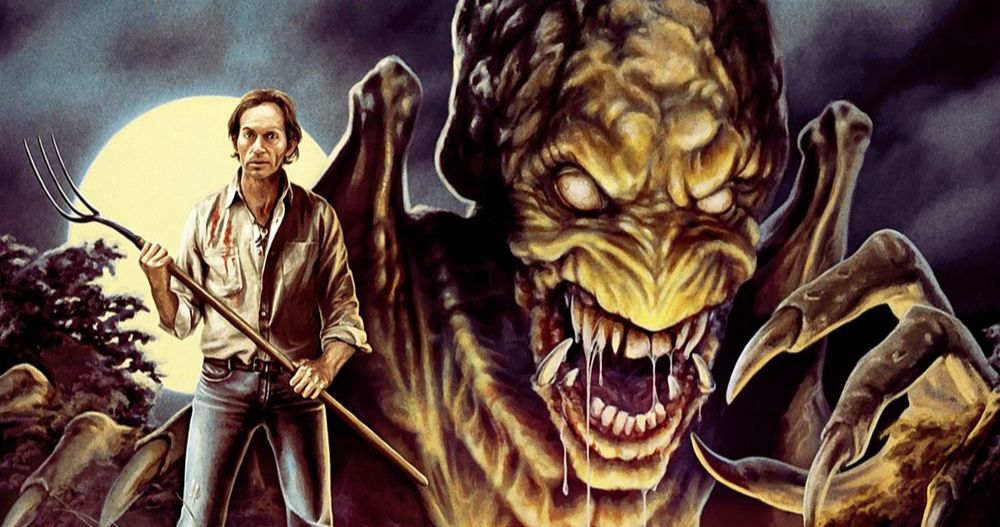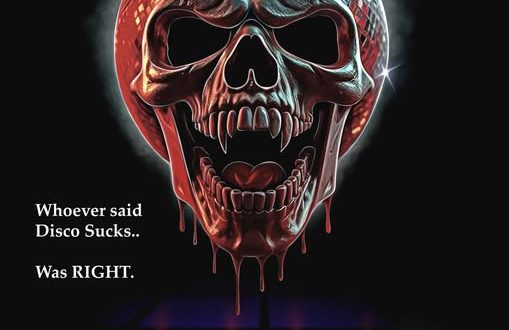It’s true, dreams don’t die—especially Netflix’s dreams of turning The Sandman into a years-long sci-fi/fantasy franchise, ideally set to rival Stranger Things when the latter draws to a close next season. But part of what has transformed Stranger Things into such a titan of the streaming landscape is its lead ensemble’s chemistry, a charm that The Sandman’s central protagonist, Dream (Tom Sturridge), lacks by design. It’s not that the anthropomorphic realization of all our sleeping hours can’t be charming; it’s that he’s not convinced charm befits a lord, a ruler, a keeper of all consciousness. Except in the moments where he is convinced, and his emo-kid act dissipates into something resembling wisdom. As such, Dream’s listless will-they, won’t-they relationship with humanity (in a literal and figurative sense) means The Sandman ends its first season on intriguing but unsteady footing.
The finale begins with The Corinthian (Boyd Holbrook) attempting to convince Rose Walker (Vanesu Samunyai), a human dream vortex, that he’s the only one who can keep her alive. This is somewhat true: The Sandman’s mythology around dream vortexes is murky at best, but they apparently have the ability to “weaken the walls between the realms” of the real world and the Dreaming. The inevitable collapse would create a “single waking dream,” ultimately leading to the destruction of the universe. And so Morpheus, an all-powerful eternal being, has no choice but to kill Rose; it’s his duty as ruler of dreams. The alternative is that the Corinthian protects Rose, but everyone she loves and cares about perishes. This seems an obvious downside, but Rose sits back to do a little pondering regardless.
The Corinthian steps up for his highly anticipated keynote speech at the Cereal Convention (“cereal,” of course, being a cheeky replacement for “serial,” as in “serial killer”), and he asks the crowd of murderers to close their eyes and envision themselves as gladiators. And so they begin to daydream of chopping, slicing, and bludgeoning their way to glory. Rose, dosing in The Corinthian’s room with her little brother, Jed (Eddie Karanja), finds herself seemingly trapped in these daydreams, each of them merging into the other until—finally—she realizes she has the power to put the walls back up. At this point Dream has arrived on the scene, unfurling a cautionary tale of another instance in which a universe under his protection died, thanks to a dream vortex. But Rose refuses to accept the limited options Dream and The Corinthian are offering. “If I am as powerful as you say, then I will find my own way,” she instructs, an incidental poet. With that, she awakens.
More From ELLE

Back on the keynote stage, The Corinthian removes his glasses to reveal his creepy teeth-for-eyes. “You don’t care about humanity,” he accuses Dream. “You only care about yourself and your realm and your rules.” It doesn’t matter that the nightmare is absolutely right. Dream un-creates him anyway, leaving nothing but a tiny Hamlet-esque skull with toothy eye sockets. “Next time I make you, you will not be so flawed and petty, little Dream,” Morpheus says, a slice of foreshadowing so obvious it stings.
On the drive home to Florida, Rose and Jed learn that Rose’s best friend, Lyta (Razane Jammal), is in labor. Her bouncing little dream-baby had an alarmingly fast gestation period—less than 24 hours is a hell of a rush to get all those cells in place—but her labor’s apparently normal. By the time Rose and Jed arrive, Lyta’s only three centimeters dilated, so she’s calm and comfortable enough to convince Rose that, tonight, in her dreams, she has to face off against the Sandman himself. Rose herself can rule the Dreaming! Rose doesn’t pause to consider Lyta’s personal vendettas here; the aforementioned Sandman did, after all, re-kill her already dead husband.
That night, as Rose traverses between the dreams of her eccentric housemates, she accidentally sets off a tempest at the collision site of their imaginings, and each friend is subsequently sucked inside a dream-tornado. When Jed himself is lost in the swirling ether, Dream arrives as scheduled, reminding her that none of her friends is safe until the vortex is dead. Not even Gilbert (Stephen Fry), a.k.a. Fiddler’s Green, can save her, bless his aggressively old-English heart! But he imparts a nugget of wisdom before he explodes into lush foliage: “The miracle of humanity itself should always be more vivid to us than any marvels of power.” Wink, wink, nudge, nudge there, Dream.
Thankfully, a deus ex machina reveals itself elsewhere in The Dreaming, where Dream’s librarian-cum-assistant, Lucienne (Vivienne Acheampong), encounters a sleeping Unity Kincaid (Sandra James-Young), Rose’s still-living great-grandmother. A few episodes ago, Unity told Rose that she gave birth while still in the clutch of the “sleepy sickness,” the years-long coma that settled over millions of humans during Dream’s imprisonment. At the time, her comment about the father being “golden-eyed” meant little, though in hindsight it’s alarming. Dream puts the pieces together in real time: Desire (Mason Alexander Park), Dream’s younger sibling, has golden eyes. Desire must have appeared to Unity in her sleep and (somehow) impregnated her, thereby making Rose Desire’s great-granddaughter and Dream her great-grand-uncle. His niece, twice removed? Forget the terminology—the point is that Dream can’t kill his own family. Unity was meant to be her era’s vortex, but her long nap meant she never had the chance to act on her dormant powers. And so the ability was passed down to Rose.
As such, Rose is able to transfer her vortex back to Unity—a convenient bit of narrative tidying-up explained by the fact that, in The Dreaming, “anything is possible”—and Unity falls on the sword of its power. Dream is visibly moved by this act of sacrifice, but not moved enough to linger on its, uh, humanity. He still has Desire to deal with.
As Rose, Jed, Lyta, and the others celebrate the healthy birth of Lyta’s baby boy, Dream heads back to his castle and calls upon his sibling’s sigil, thereby entering Desire’s chambers. He’s understandably pissed that Desire tried to release a dream vortex into the world by impregnating Unity, which—in theory—would have required Dream to “spill family blood, with all that would entail.” But Desire demonstrates glee rather than remorse. “My sibling, we of the Endless are servants of the living, not their masters,” Dream tells them, a lesson he’d do well to heed himself. Desire is not convinced. “Next time,” they hiss as Dream stalks away, “I’ll draw blood.”
And so the finale lumbers toward resolution, in which Dream re-creates the nightmare Gault as a dream and tasks Lucienne with keeping The Corinthian’s skull safe. But the good humor is unlikely to last. In Hell, Lucifer Morningstar (Gwendoline Christie) has a tender chat with Lord Azazel about the paramilitary efforts of their assembled demon spawn. They intend to march on the Dreaming, and then the waking world, and eventually the Silver City, Heaven itself. Why now? That remains to be explained, and it likely will be, given Netflix’s intense—forgive me—desire for a multi-season arc.
But the problem of Dream’s personhood remains. He is Endless; it makes sense that he would come across aloof. And yet part of what made the comics so beloved for thousands of fans was writer Neil Gaiman’s uncanny ability to make Morpheus into a complicated and nuanced protagonist balancing his brooding self-obsession with a genuine care for humankind. The Sandman has yet to nail this balance, often swinging Dream into nice-guy territory long enough for him to crack a smile, only to yank him too far back, into monotone platitudes about power and consciousness. That unsteadiness can’t sustain a franchise; the crucial balance between dream and reality is what made Gaiman’s story soar.
Sturridge’s Dream has great potential, as does the entire creative engine of the series. The finale might be one of the weakest episodes of the first season, and still it’s clear a great deal of care has gone into lifting the story from page to screen. But the Sandman still remains the most important cog in this machine. There must be a more honest conviction behind his status as ruler and servant, protector and tyrant, brother and loner. Only with a better grasp of that equilibrium will Netflix’s The Sandman meet its lofty aspirations.
Lauren Puckett-Pope is an associate editor at ELLE, where she covers news and culture.

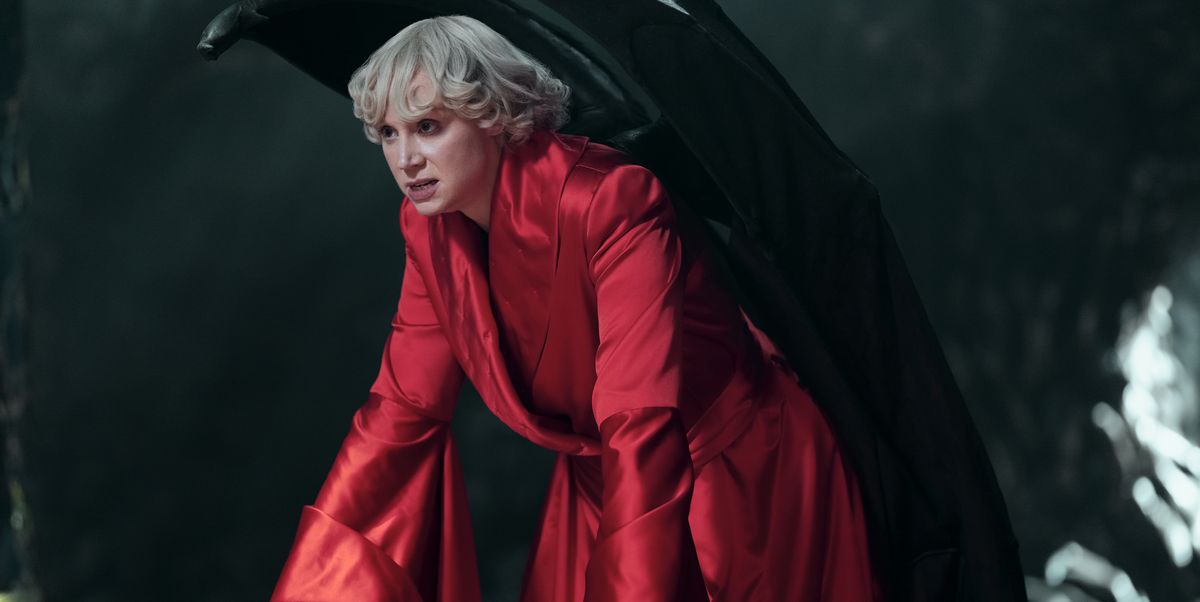
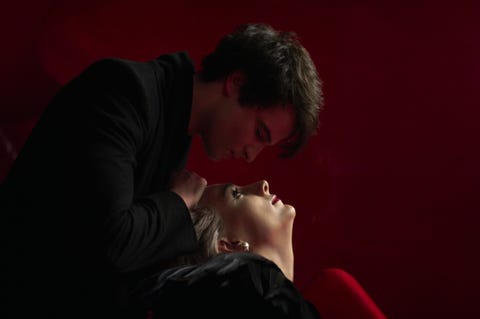
:quality(85):upscale()/2025/01/15/049/n/1922564/a753b85967884eaf8fe5f9.34920179_.jpg)
:quality(85):upscale()/2025/01/15/863/n/49352476/9e69ba8767880fdc9084b2.84057222_.png)
:quality(85):upscale()/2025/01/07/813/n/1922564/b63421d9677d72ddd6eff7.56786871_.png)
:quality(85):upscale()/2024/12/24/622/n/1922564/9eb50f2c676abd9f1647c5.05876809_.jpg)
:quality(85):upscale()/2024/12/12/709/n/1922564/7bb19976675b0904d64976.02429851_.jpg)
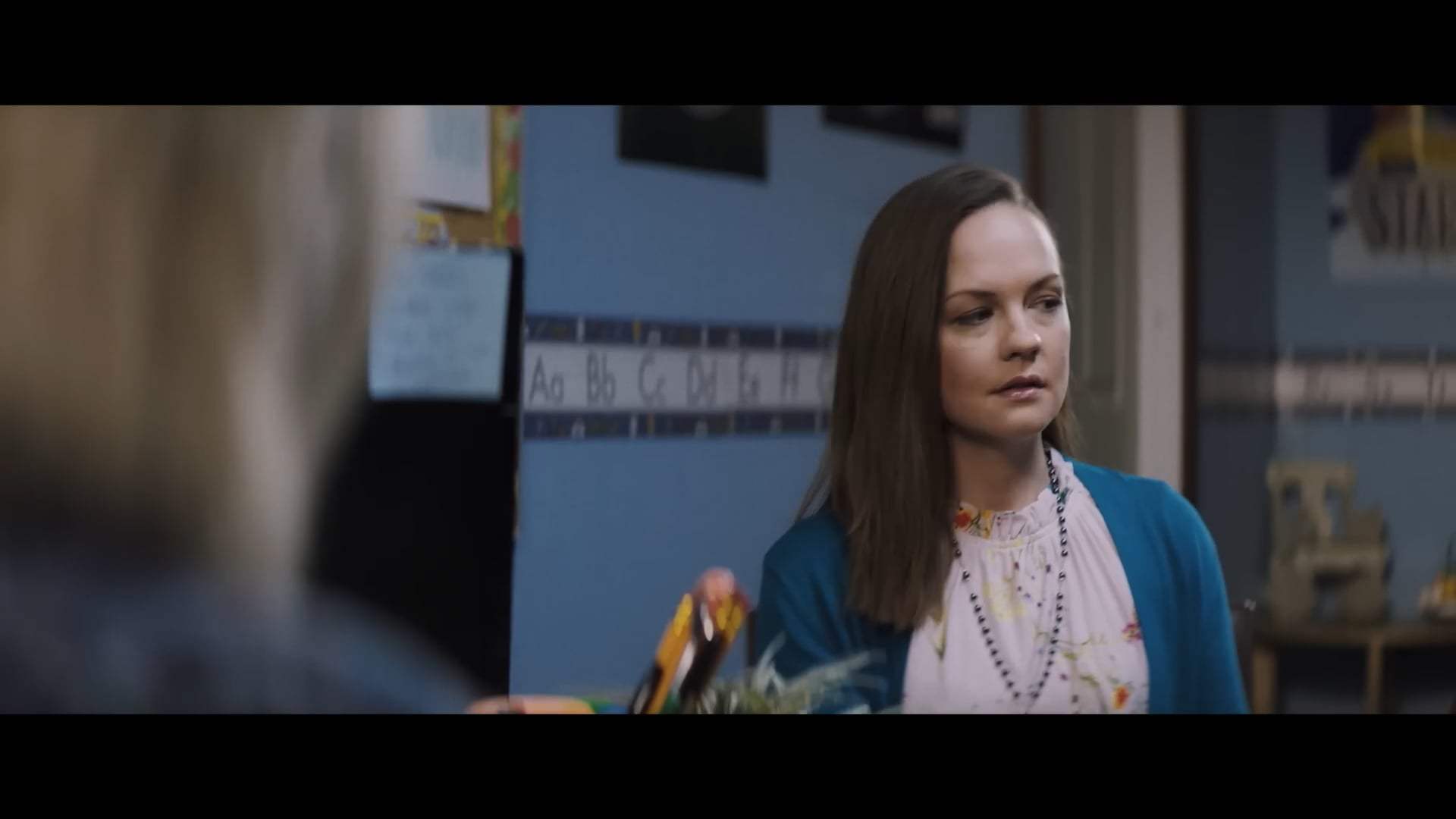

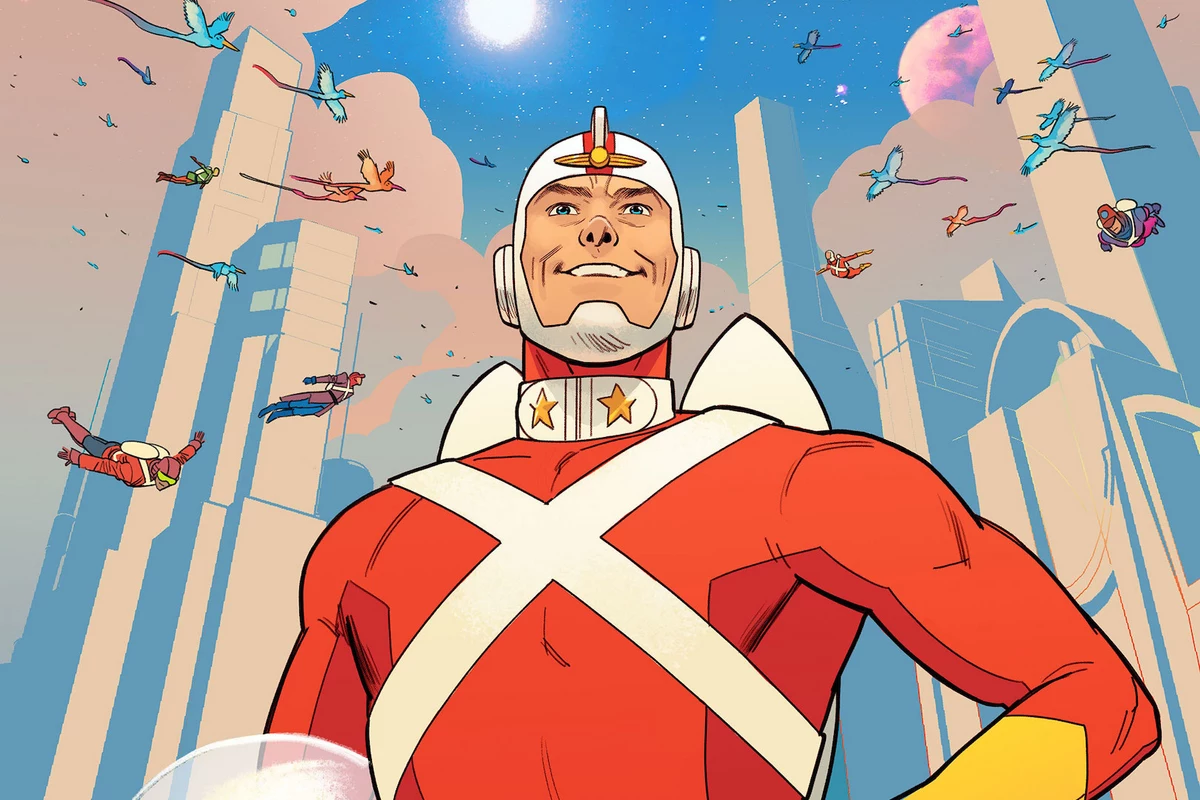
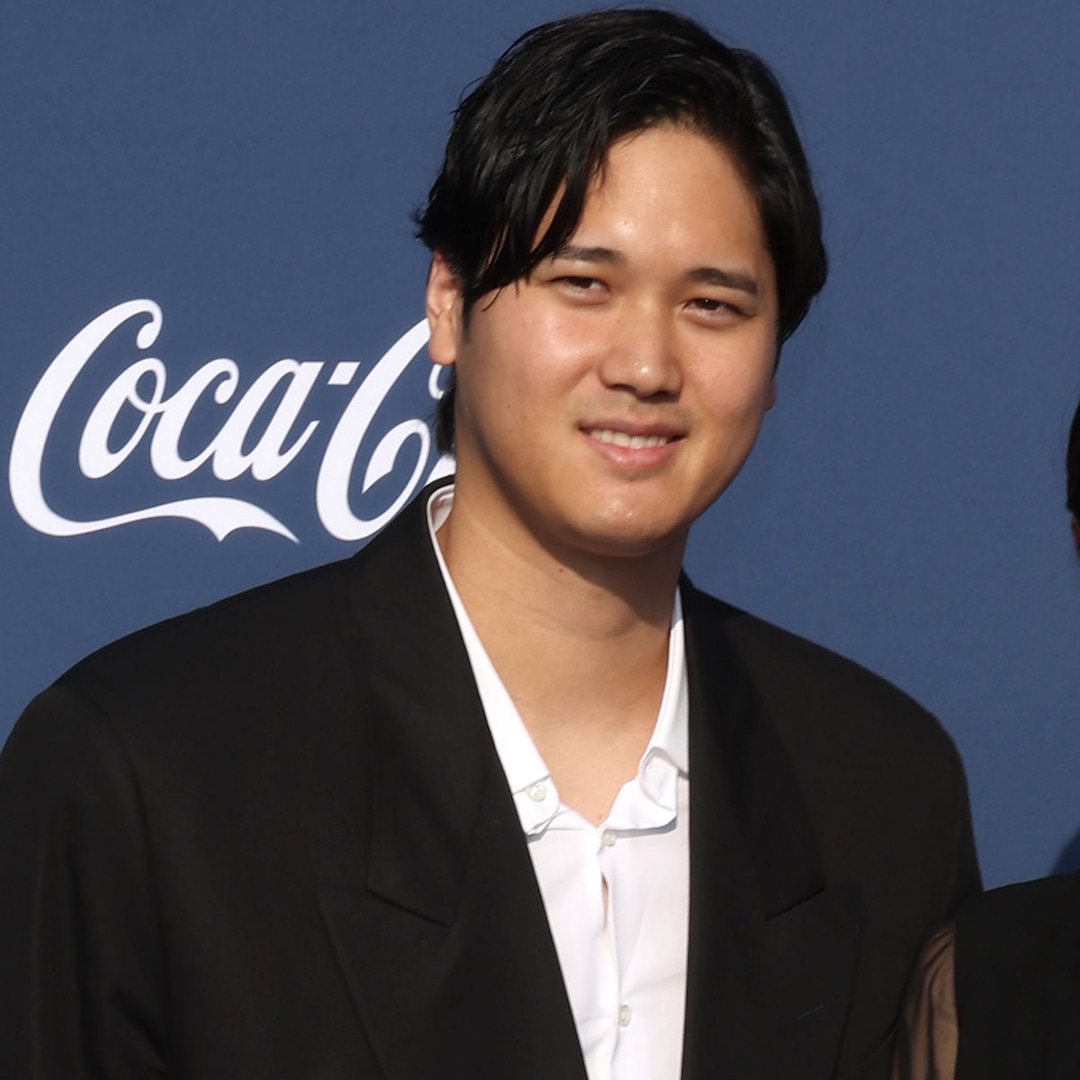
![‘Cherry Falls’ is a Clever Take on Horror Clichés [The Rabid Dog’s House] ‘Cherry Falls’ is a Clever Take on Horror Clichés [The Rabid Dog’s House]](https://wickedhorror.com/wp-content/uploads/2024/12/Cherry-Falls-Brittany-Murphy-Cliche-Cover.png)
